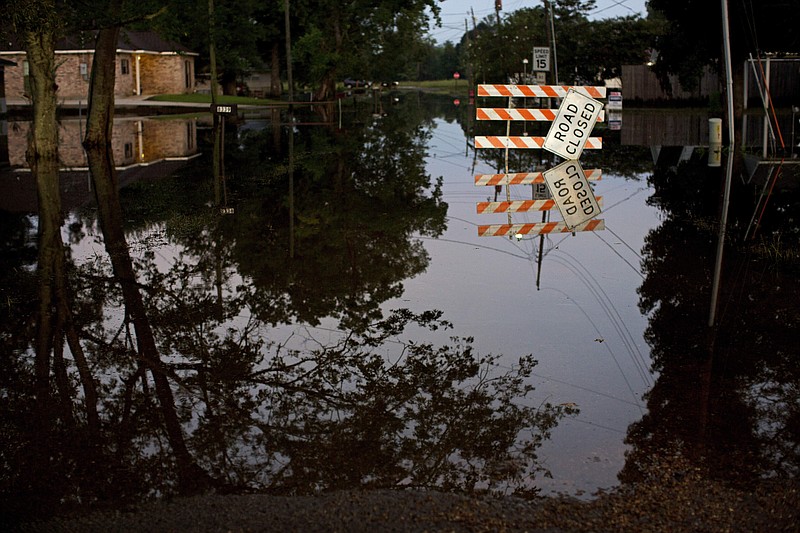Q. My family wants to support the Louisiana flood victims. What advice and direction would BBB offer?
A. Thank you for your desire to help those in need. With thousands displaced and at least a dozen killed by floods in Louisiana, Better Business Bureau reminds those who want to help to check the charities out carefully before making donations.
The continuing national news footage of surging floodwater and ravaged homes is prompting many Americans to look for ways to help by donating time or money to help flood victims. BBB reminds donors to make sure they're donating to real nonprofits who are able to deliver aid where it's needed. Publicity about disasters often is used by scammers to solicit money that never reaches those who need it.
The best way to help is to donate money to a reputable humanitarian organization with a history of responding to crises such as the flooding in Louisiana or other natural disasters.
As example, The American Red Cross, a BBB-accredited charity, has 1,500 volunteers from around the country, including four from Chattanooga currently working in Louisiana. Chattanooga will also provide local resources to assist paperwork and data entry. The American Red Cross agency is helping to run 50 shelters that have provided shelter to as many as 10,600 people in one night, and it has six sites offering food.
BBB offers the following tips to help Americans decide where to direct donations:
- Rely on respected experts to evaluate a charity. Be cautious when relying on third-party recommendations such as bloggers or social media personalities because they may not have fully researched the listed relief organizations. BBB offers reviews of more than 11,000 charities that indicate whether a charity complies with BBB's 20 Standards for Charity Accountability. Visit Give.org to review reports.
- Be wary of claims that 100 percent of donations assist victims. All charities have fundraising and administrative costs. Even a credit card donation will involve, at a minimum, a processing fee.
- Be cautious when giving online to unfamiliar charities. Be wary of spam messages and emails that claim to link to a relief organization. After the tsunami disaster in 2011 and the earthquake in Haiti in 2010, many websites and organizations that were created overnight allegedly to help victims turned out to be scams.
- Find out if the charity has a presence in the affected areas. Unless the charity already has staff in the affected areas, it may be difficult to get new aid workers into the area to provide assistance. See if the charity's website clearly describes what they can do to address victims' needs.
- Find out if the charity is providing direct aid or raising money for other groups. You may want to avoid the middleman and give directly to charities that are working in the region. Check out the ultimate recipients of the donations to ensure that the organizations are equipped to effectively provide aid.
- Gifts of clothing, food or other in-kind donations may not be appropriate. Unless the organization has the staff and infrastructure to distribute such aid, the donations may be more of a burden than a help. Ask the charity about their transportation and distribution plans. Be wary of those who are not experienced in refugee relief.
- Be cautious about crowdfunding. These sites do very little to check out the individuals seeking funds after a disaster, and donors may not be able to verify whether the organization or individual seeking funds is trustworthy. On Aug. 16, the Office of the Attorney General in Louisiana issued a statement announcing that it would be working with the crowdfunding site GoFundMe to add additional fraud protection to ensure donations go to the intended cause.
- Visit Give.org to review the 20 BBB charity standards.
Jim Winsett is president of the Better Business Bureau in Chattanooga.

